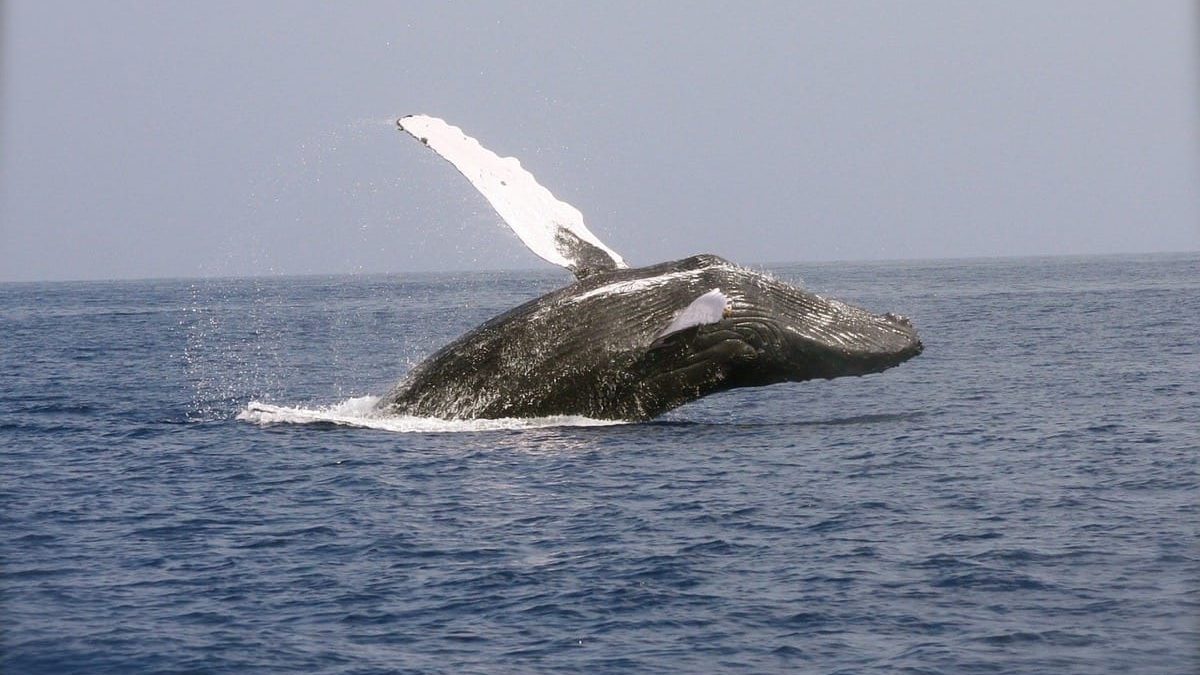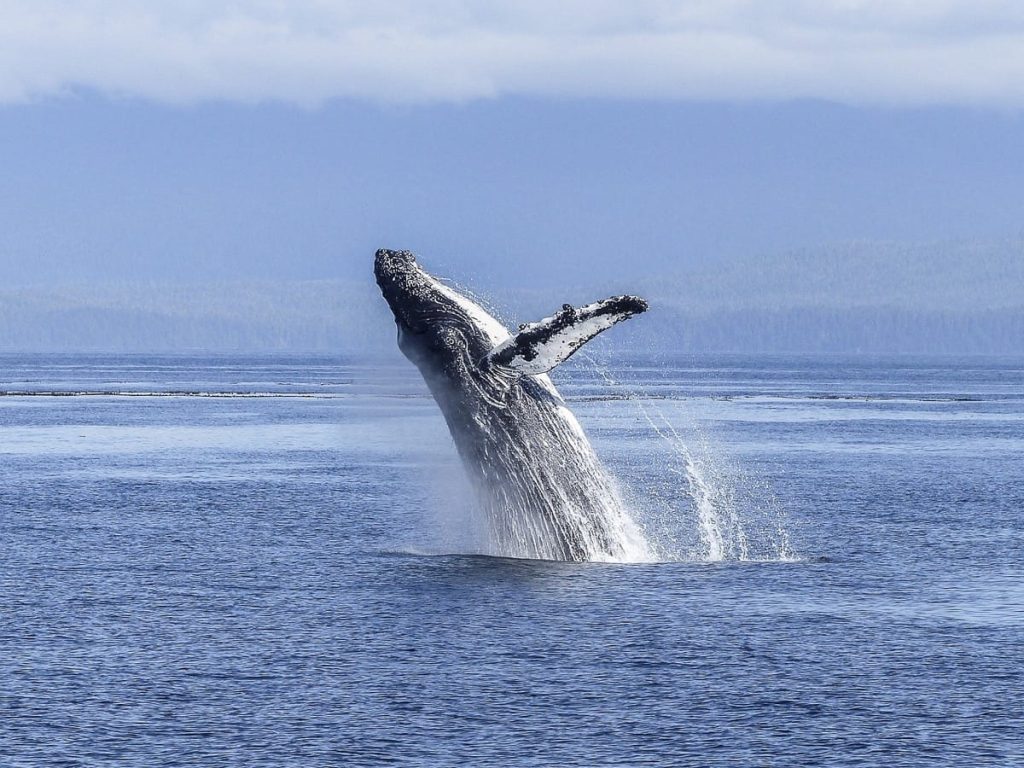
Where Do Whales Sleep?
Whales are majestic creatures that capture our imagination. We marvel at their size, their grace, and their mysterious lives in the ocean depths. But one question that often puzzles us is: where do whales sleep?
The answer, like much about whales, is fascinating and complex. It depends on the species of whale, the time of year, and even the weather. But one thing is for sure: whales don’t sleep in the same way that we do.
Where Do Whales Sleep at Night?
Whales don’t have a specific bedtime or nighttime routine. They are active throughout the day and night, depending on their needs. However, they do need to rest, and they do this in a few different ways.
- Unihemispheric sleep: This is a special type of sleep where whales shut down half of their brain at a time. This allows them to rest while still being able to breathe and stay aware of their surroundings. They will often sleep near the surface of the water, so they can easily come up for air.
- Logging: This is a behavior where whales float motionless at the surface of the water. They may look like they are asleep, but they are actually still somewhat aware of their surroundings.
- Slow swimming: Some whales will sleep while slowly swimming near the surface. This is most common in social whales, such as dolphins and orcas, who can take turns watching out for danger while others rest.
Where Do Whales Sleep in the Wild?
There is no one answer to this question, as it depends on the species of whale. Some whales, such as humpback whales, prefer to sleep in shallow waters near the coast. Others, such as sperm whales, prefer to sleep in deeper waters.
The location of a whale’s sleeping spot will also depend on the time of year. In the summer, whales may sleep in cooler waters to avoid overheating. In the winter, they may sleep in warmer waters to avoid freezing.

Where Do Whales Sleep in the Winter?
Some whales migrate to warmer waters in the winter, while others stay in the same area year-round. Those that migrate will often sleep in the warmer waters of their migration destination.
Whales that stay in the same area year-round may sleep in deeper waters in the winter, where the water is warmer. They may also huddle together for warmth.
Whale Sleeping Habits
Whale sleeping habits vary depending on the species, but there are some general trends.
- Whales typically sleep for short periods of time, usually no more than a few hours at a time.
- They may sleep more often during the day than at night.
- Social whales, such as dolphins and orcas, may sleep together for protection.
- Some whales may make vocalizations while they sleep.
The Importance of Whale Sleep
Sleep is essential for all animals, including whales. It allows them to rest their bodies and minds, and it helps them to stay healthy.
Whales that are not able to get enough sleep may be more susceptible to illness and injury. They may also be less able to care for their young.
Threats to Whale Sleep
There are a number of threats to whale sleep, including:
- Noise pollution: Noise from ships, sonar, and other human activities can disrupt whale sleep patterns.
- Habitat loss: The loss of whale habitat can force whales to sleep in areas that are not safe or suitable.
- Climate change: Climate change is causing the oceans to warm, which can disrupt whale migration patterns and make it difficult for them to find suitable sleeping areas.
What We Can Do to Help Whales Sleep
There are a number of things we can do to help whales sleep, including:
- Reducing noise pollution: We can reduce noise pollution in the oceans by supporting regulations that limit the use of sonar and other loud activities.
- Protecting whale habitat: We can protect whale habitat by supporting organizations that work to conserve marine ecosystems.
- Addressing climate change: We can address climate change by reducing our carbon emissions and supporting renewable energy sources.
By taking action to protect whales and their habitat, we can help ensure that these magnificent creatures can continue to sleep soundly in the oceans for generations to come.
Conclusion
Whales are amazing creatures with fascinating sleep habits. By understanding where and how they sleep, we can help to protect them and ensure that they continue to thrive in the oceans.



